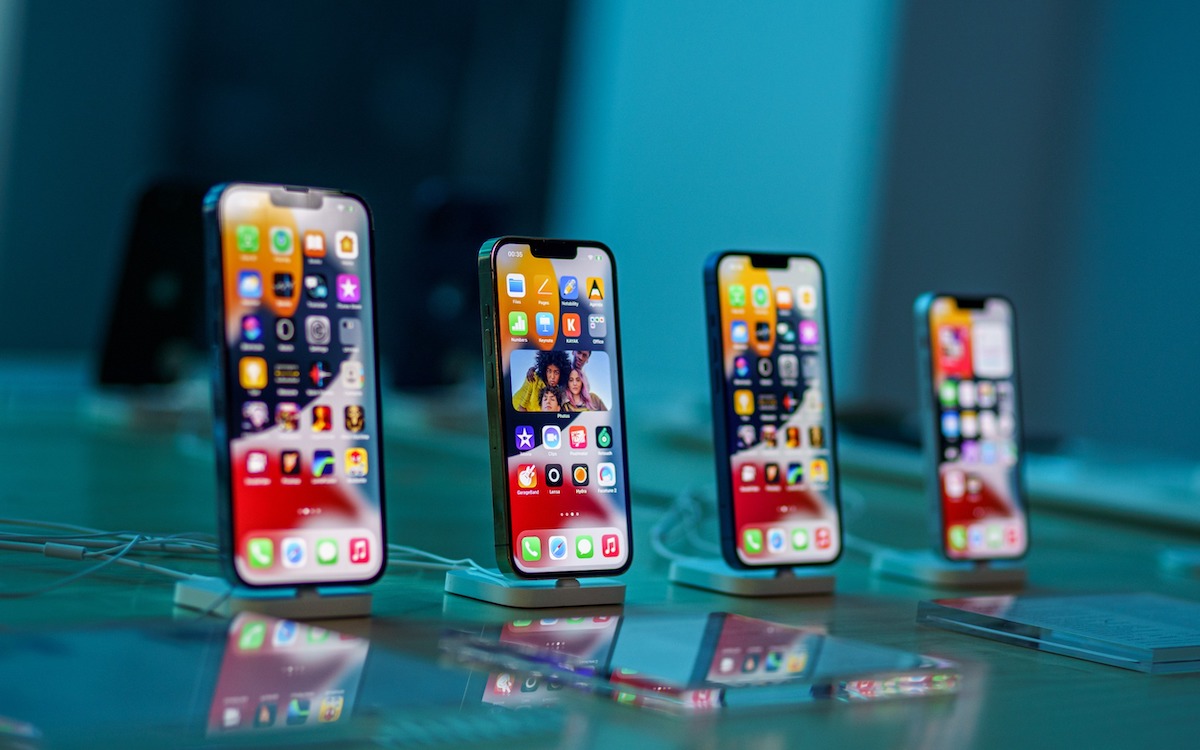To avoid being judged in the case of the slowdown of old iPhones dating from 2017, Apple has agreed to put $500 million on the table, with a view to an amicable settlement. Plaintiffs will start receiving the checks, but they may be disappointed.
The charges against Apple in this class action lawsuit filed in 2017 are serious, very serious indeed. Customers have complained of a significant degradation in the performance of their iPhone after an operating system update. Since then, Cupertino has never ceased to deny any wrongdoing or bad intentions. And faced with the magnitude of the fine incurred, two billion dollars, in the United Kingdom alone, the firm very quickly decided to find an amicable settlement, much less expensive.
To read – Apple is once again under investigation for planned obsolescence in France
While continuing to claim that the performance limitation of old iPhones had been put in place to prevent them from shutting down when they were subjected to excessively demanding tasks, Apple therefore agreed, from 2020, to pay $ 500 million to the complainants. The redistribution took more than three years because some aggrieved customers had filed additional claimswhich further slowed down the legal proceedings.
Apple to hand out $500 million to customers whose iPhones it slowed down
Now that the appeal has been denied by a US court, the time to redistribute the jackpot has arrived. After the announcement of this “class action”, the justice system left several months to potentially injured customers to register on the list of plaintiffs. Next to three million people demanded compensation.
To read – The iPhone SE 4 could inherit one of the novelties of the iPhone 15 Pro
Indeed, after all applicable deductions, plaintiffs will each be entitled to only one check for $65, or about €60. This figure is still to be confirmed, because the lawyers must rule on the admissibility of each case on a case-by-case basis. The phones affected by this case are iPhone 6, 6 Plus, 6s, 6s Plus and SE running iOS 10.2.1 or later before December 21, 2017, and iPhone 7 and 7 Plus running iOS 11.2 or later. later before that date.
